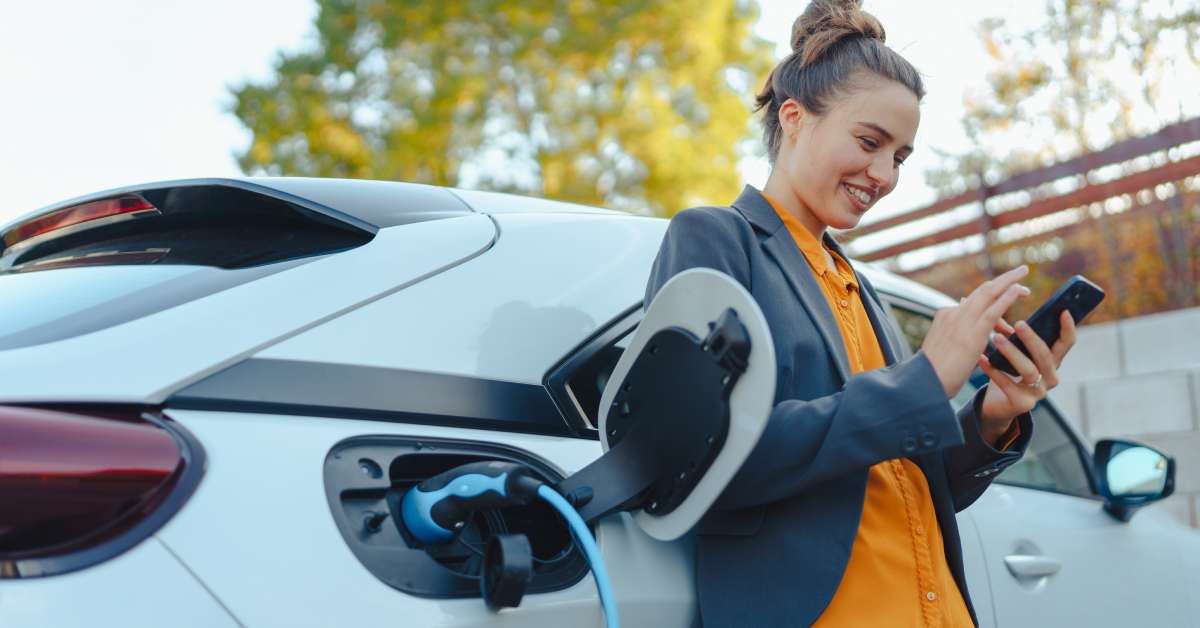Electric vehicles (EVs) are becoming increasingly popular among eco-conscious drivers. A common question for those considering the switch to electric transportation is, how long does it take to charge an electric vehicle?
The answer is essential for drivers planning daily commutes and for business owners planning to install EV charging stations. We'll explore the factors that affect charging times and provide you with a greater understanding of the EV charging experience.
Explaining EV Charging Levels
There are three primary levels of EV charging. Understanding the different EV charging levels will explain why there’s variation in charging times.
- Level 1 charging involves using a standard 120-volt outlet, similar to what you would use for household appliances. It is the slowest method, often taking up to 20 hours for a full charge, depending on the battery size. That said, it’s often better for long-term battery health.
- Level 2 charging uses a 240-volt outlet, like those used for clothes dryers. This method is significantly faster, typically taking between 4 to 8 hours to fully charge an EV.
- DC fast charging is the quickest option, using high-powered DC chargers found at public areas and charging stations for businesses. These can charge an EV to 80 percent in about 30 minutes to an hour.
Factors Affecting Charging Time
Several factors influence how long it takes to charge an electric vehicle. Understanding these factors can help you plan your charging schedule or understand the turnover you can expect at a charging station.
- Battery size: Larger batteries take longer to charge. If your EV has a higher capacity battery, expect extended charging times compared to smaller batteries.
- Charger type: The type of charger you use significantly impacts charging speed. As mentioned above, level 1 chargers are the slowest, while DC fast chargers offer the quickest turnaround.
- Weather conditions: Temperature can affect battery performance. Cold weather can slow down the charging process, whereas moderate temperatures are ideal for efficient charging.
A Note About Plug-In Hybrids (PHEVs)
The charging requirements for plug-in hybrids (PHEVs) differ significantly from those of battery electric vehicles (BEVs). PHEVs typically have smaller battery capacities compared to BEVs, which translates to shorter charging times.
The Future of EV Charging
Advancements in EV technology are continually improving charging times and infrastructure. Innovations such as ultra-fast chargers and improved battery technologies promise even shorter charging durations. The expansion of charging networks makes it easier to find convenient and fast charging stations, further reducing wait times and creating additional revenue streams for businesses.
Understanding how long it takes to charge an electric vehicle depends on several factors, including the type of charger, battery size, and external conditions. The future holds exciting advancements in EV technology and infrastructure, making it increasingly popular for eco-conscious business owners. How long does it take to charge an electric vehicle? With ongoing improvements, charging times will only get quicker.
